Frequently Asked Questions
Are there films that “get it right”?
We often get asked about “good” examples or films that get disability right. Our short answer is: there are none. The best we can do is point to moments within films that offer something more complex, more unique, more genuine: the consensual and frank negotiation of sex between two charcters with intellectual disabilities in The Other Sister (1999), community and collectivity shown in The Waterdance (1992). While we hope that Code of the Freaks pushes the conversation beyond questions of “getting it right” or “wrong” to open a critique of the work that mainstream disability representations do, we also would not want to miss the opportunity to point viewers to the vibrancy of disability representation found within disability culture, captured in a film like Crip Camp (2020).
How should Hollywood represent people with disabilities?
The short answer: as the complex and diverse group of people that we are. Part of the problem that Code of the Freaks maps is the tendency to treat disability representation in formulaic ways. There is no magic formula for writing better characters with disabilities or representing disabled people correctly. We hope that pointing out the constraining and damaging nature of existing formulas opens up new storytelling possibilities, ones that would allow the richness of disabled people’s lives and experiences to make their way into mainstream cinema.
What about ____ film?
We often get asked questions about specific films that audiences like or feel do something different enough to counter our argument that, on some level, all representations of disability are the same (inspirational) story. Peanut Butter Falcon (2019) is a great example of a film that audiences love, and there is much to celebrate in it. Zach Gottsegan, a disabled actor, delivers an amazing performance. The film criticizes institutional life and does not return Zach’s character (Zak) back to the institution at the end of the film like Rain Man (1988) or Charly (1968). Yet, the film still tells the story of a disabled character inspiring a non-disabled character, Tyler (Shia LaBeouf), to be a better person. The publicity surrounding the actors’ friendship also mirrors this narrative. The Code of the Freaks team believes we can celebrate these “glimmers of hope” while still pointing out the components of a film that reinforce some of the most harmful disability stereotypes. To critique some aspects of a film does not negate a film’s successes As Susan Nussbaum says, “to be able to think about a movie as you’re seeing it, or at least part of it, is destroying your ability to enjoy the movie, and I would argue that it enhances your ability to enjoy the movie because you’re informed in a different way and you can apply your certain standards of what you want to see in a disabled character to the movie.”
Why do so many films include scenes with blind men driving?
“But I think you know, the way that...most of the movies that I have seen about blind men, it's always immediately offset by some proof of their power and autonomy, that they're either superheroes, or they're wealthy, or they're highly skilled at something, and you know, they're desirable members of society "despite"...you know?” - Riva Lehrer
“Why is that such a visual pun for people? I don’t understand it. It’s something that would terrify me. But I had no idea how many of those movies showed the blind character driving. It’s low hanging fruit. It’s a cheap trick, is what it feels like to me.” - Tsehaye Hébert
Who puts on Susy’s (Audrey Hepburn) makeup in Wait Until Dark?
“I would imagine the makeup just arrives on her magically because of her sheer glamour,” - Mat Fraser
What is your favorite movie with a disabled character?
“Now, you have your Peter Dinklage, who is really fabulous, and one of my favorite films is The Station Agent, that he was in, because, it really told the inner story, I felt. Some of the things that happened to him in that film, have happened to me. Like, being at the counter at the Walgreens or something and the cashier not seeing you and saying “next”, and talking to the person that’s behind me. Or like, kids coming up and wanting to talk, and what I loved was that that character had a really good transformation at the end about accepting himself, and I feel that was sort of his coming out moment.” - Tekki Lomnicki
What is the worst film with a non-disabled actor playing a disabled character?
Oh boy! Well, Al Pacino would get my vote. I think that Scent of a Woman is unbearable and made me wanna spit and throw things, and I turned it off.... Actually, I think-- Oh, no, no. No, no. I take it back. Million Dollar Baby, that's-- Well, they're kinda neck and neck, really. But I would have to kinda go for Million Dollar Baby as being the single most appalling movie starring--briefly starring--a disabled character,” Riva Lehrer.“When I think of the worst actor pretending to be disabled, there’s a whole lot of them, but I can’t get past Jerry Lewis. He’s pretty much the king of ‘em all. He’s the first one that comes to mind. And even though there’s probably ones that rival him, I have to give him the award” Mike ErvinWho is your favorite Freaks character: “The bearded lady obviously. My favorite character in Freaks unsurprisingly is the bearded lady.” - Alyson Patsavas
